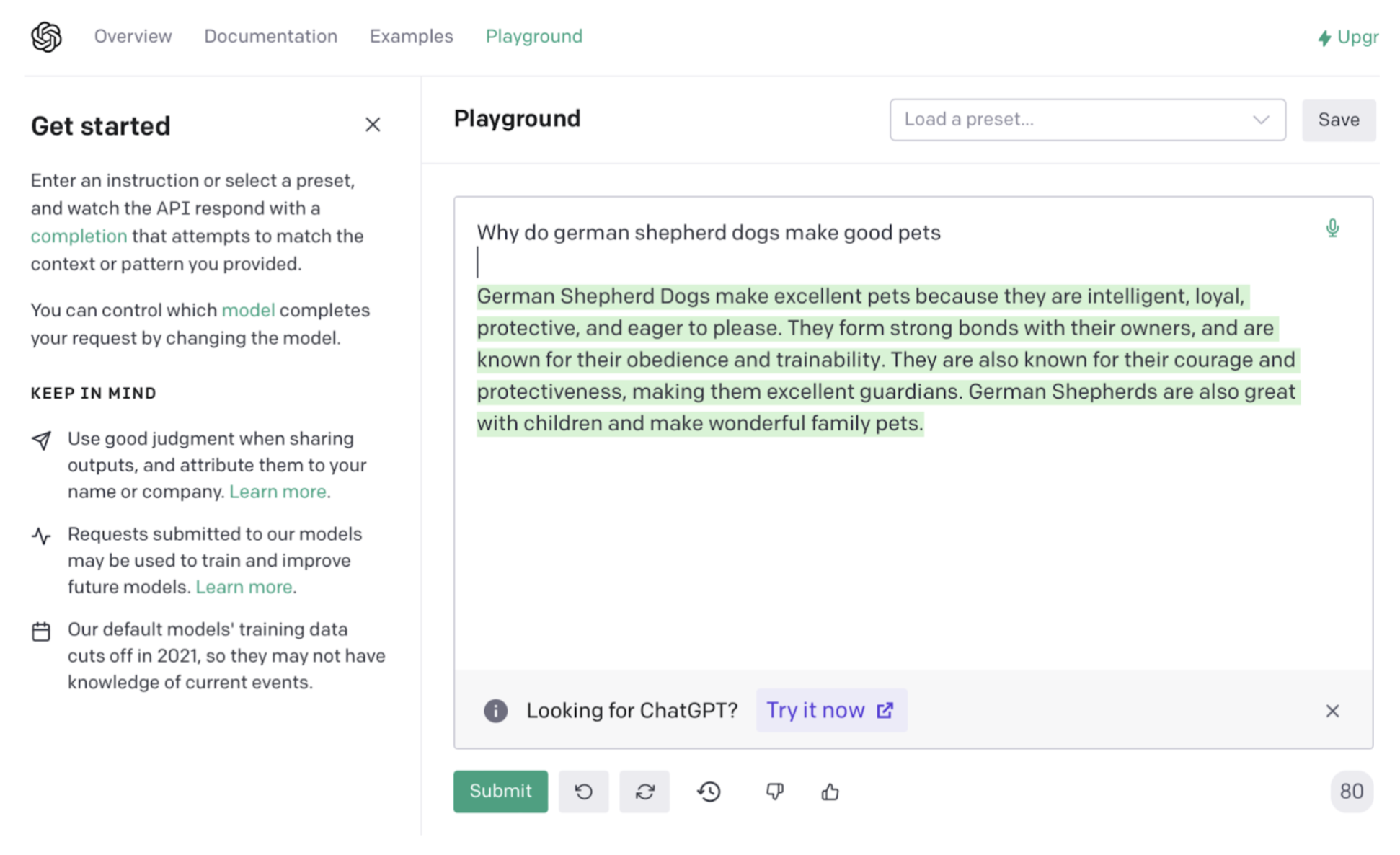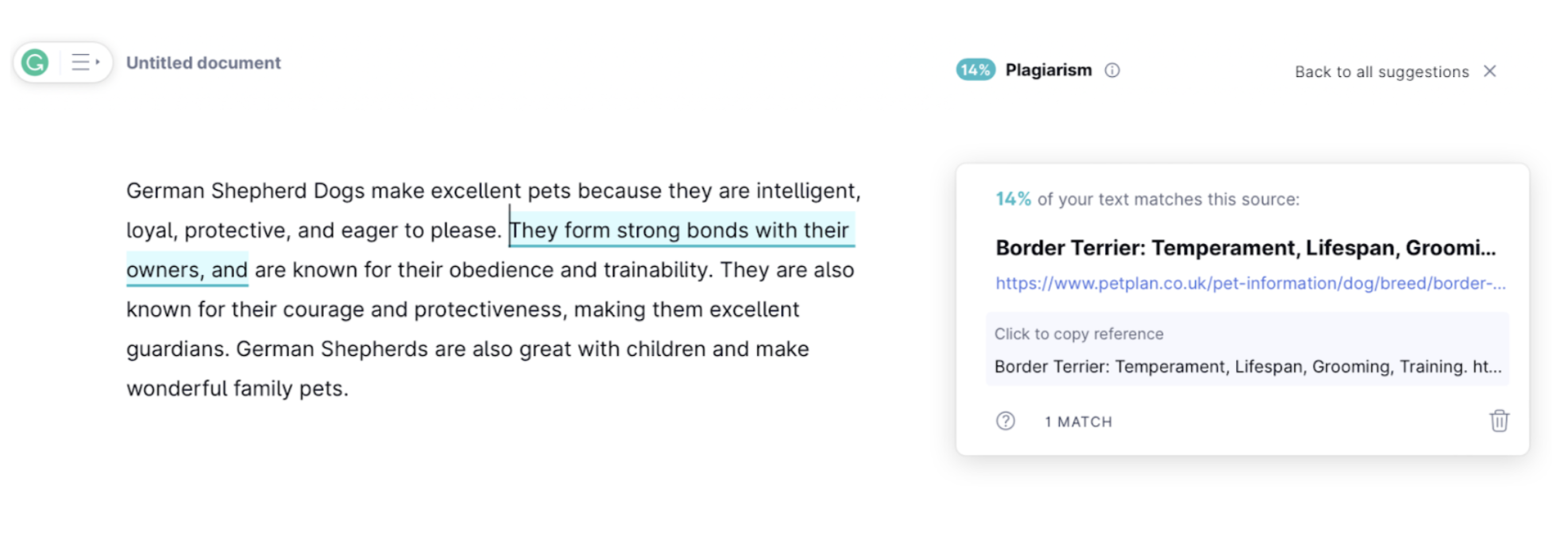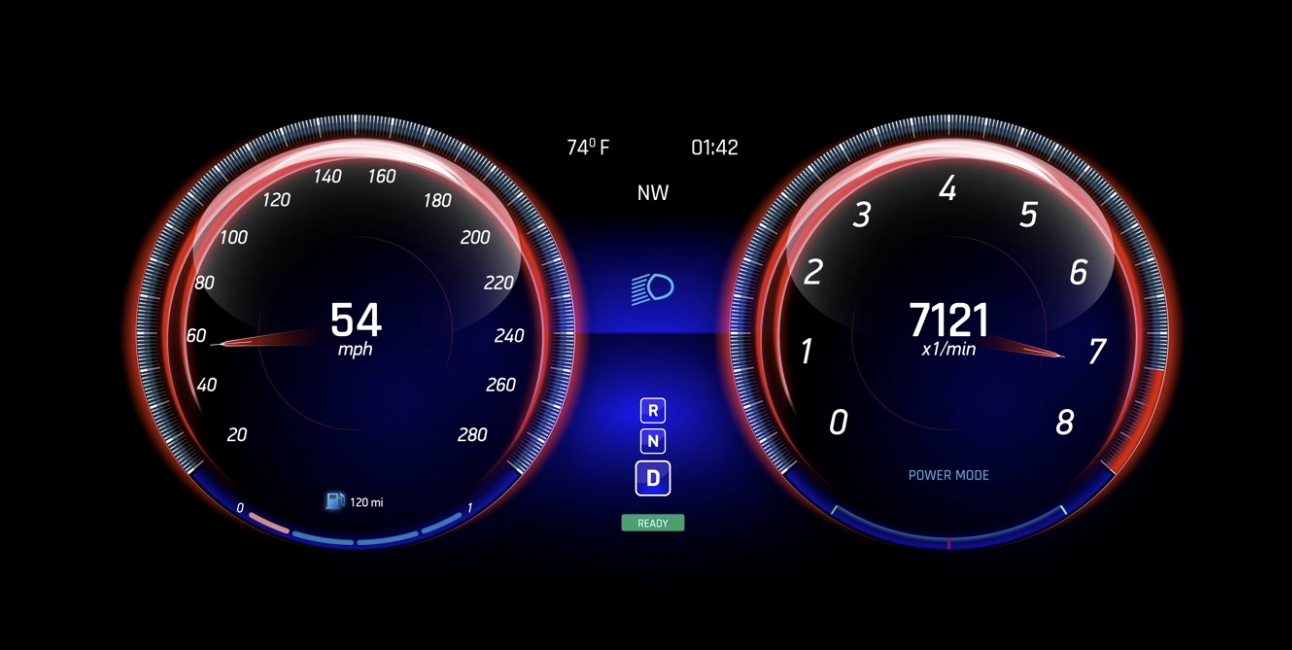
By now, you’ve probably heard of ChatGPT. Unveiled in the fall by OpenAI, this natural language, machine learning platform seems to magically write seemingly perfect text. Ask it a question: it answers. Ask it to write anything, from why German shepherd dogs make great pets to a substitute for eggs in a recipe, and it produces what seems to be like the perfect answer. But is it perfect? And what, if any, role does it play in your marketing?
AI Writing Tools – Nothing New
Computer-generated text creation tools are nothing new. They’ve been available for creating content for many years now. We do not use them, and we caution business owners not to use them, for many reasons.
These so-called ‘article spinners’ can create absolute rubbish. The way that older AI writing tools work is by ingesting an original document and replacing various words with synonyms. The result often reads like the child’s game of Mad Libs with many hilarious faux pas.
Some will scramble and reassemble text into a document that mimics the original without dinging Google’s monitor for duplicate text (a no-no that doesn’t help with your SEO). But the result is almost always poor quality text that does little to serve the reader’s needs, and may hurt your SEO efforts in the long run.
Enter ChatGPT
When the OpenAI project unveiled ChatGPT, perhaps the most astonished and slightly frightened group of users were marketing writers. The chatter on business social networking sites like LinkedIn ranged from “it’s the end of our profession” to “bots will never replace us!” But both extreme views do not understand the value of ChatGPT and where it may fit in the overall creation process.
And, faster than lightning, comes yet another conversational chat model – Google Bard. Google announced its new Bard rival to ChatGPT for more AI-powered conversational search. The search engine giant has not allowed the public access to Bard as yet, so we were unable to test its ability to write in conversational language. Nevertheless, with the release of Bard, it’s apparent that the future of search will be around conversational AI chatbots. But will this impact marketing writing?
ChatGPT Is a Smart Search Engine, Not a Writer
Despite the fact that the output from ChatGPT appears to be original text, it frequently plagiarizes other sites. We put it to the test and discovered this for ourselves.
First, we asked ChatGPT a simple question: Why do German shepherd dogs make good pets?
Here’s the platform’s answer:

We then put the ChatGPT answer into a plagiarism checking tool called Grammarly. Grammarly also checks grammar and spelling. It found one punctuation error in ChatGPT’s tool – and 14% of the text directly plagiarized off of another website.

We repeated the test with a simple definition and asked ChatGPT to define content marketing. After receiving the response from the platform, we also ran it through Grammary’s plagiarism detector. Its response was 97% plagiarized from The Content Marketing Institute’s definition.

These are both short text examples but point to the limitations of using artificial intelligence to write original text. While some common phrases do occasionally set off Grammarly’s plagiarism detector, the sites such phrases come from are generally wide-ranging and not linked to the topic of the piece. For example, phrases like “makes a good pet” may refer to dogs, cats, goldfish or lizards; it might show up as plagiarism in a plagiarism detection tool, but by reviewing the sources referenced by the tool, it’s easy to see they aren’t directly related and thus not likely to be plagiarized.
ChatGPT, however, seems to be taking text from very closely related sites, with a high degree of plagiarism. Thus, it is not useful as a content generation platform.
ChatGPT Is Useful, But Not for Original Marketing Writing
The answers produced by ChatGPT are not meant to replace marketing writing. A good marketing copywriter infuses their work for a client with the client’s own messaging points, brand voice, and tone. The ChatGPT platform cannot do any of this. Instead, it searches the web and in just seconds, cobbles together the best result it can find.
We tested it several times, and some results were better than others. The harder, more industry-specific questions we asked it, the likelier it was to produce a slightly wonky response (and sometimes, a flat out wrong response). Because it cannot think like a human being, but can only scour the web for text that it believes matches the user’s intent, it’s like a smart, slightly more personable search engine. But it is not by any stretch of the imagination a creative marketing copywriter.
ChatGPT can, therefore, be used for writing prompts. What we’re suggesting is using it to inspire your own words. A question typed into ChatGPT may yield a quick answer, one that can be enhanced and modified by your own opinion and brand vision to become an original thought leadership piece – the kind of content that your customers, and Google, loves.
So, ChatGPT has a place in the marketing world, just not the place some seem to think it has. As it evolves, that may change, but for now, business owners would be wise to trust their marketing teams, and their copywriters, to craft original, brand-specific content for their websites, social media posts, blogs, and other needs.

